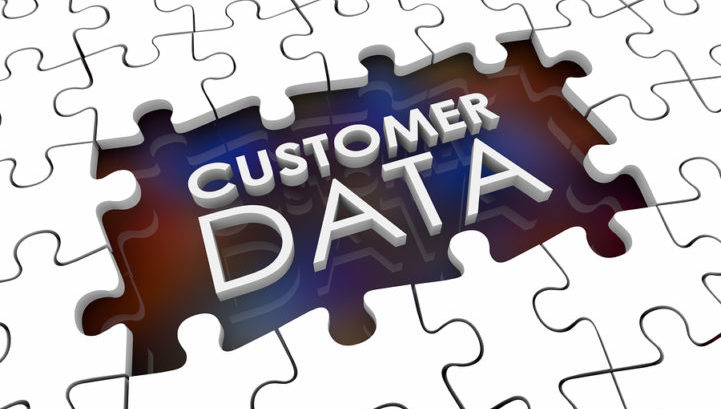Heard that data-driven marketing is the next big thing for companies which want to retain and grow their market share in a highly competitive business environment?
Using customer data to understand and predict the behaviour of buyers and potential buyers and tailor and target marketing campaigns and customer experiences accordingly is the focus for marketers around the country.
In its 2020 Marketing Outlook, AdNews Australia notes “personalisation… has become the new norm, with more customers expecting brands to communicate with them on a personal level”.
Data – and the technology to drive it – is the key to personalisation at scale, the article notes, but organisations need to fine-tune their efforts to ensure they don’t cross into ‘invasive and creepy’ territory.
You know that about me, how exactly?
Eschewing data of dubious authenticity that’s been collected and on-sold by third parties is a good start.
Want to know why that makes sense for Australian businesses? It’s hard to look past the cautionary tale that is the Cambridge Analytica saga. The now-defunct British consultancy hit the headlines in early 2018 when it was revealed it had harvested data from millions of Facebook profiles for political advertising purposes, without bothering to get the say-so of the individuals concerned.
The public outcry which ensued made it abundantly clear that consumers around the globe are deeply unimpressed with the notion that their personal data might be appropriated and exploited for political or commercial purposes, without their explicit permission.
Beefed up privacy legislation, here in Australia and elsewhere in the world, makes the use of data, whether collected in-house or by a third-party organisation, without the ok of the individuals who own it, an even riskier gambit.
Data-driven marketing – doing it right
Those aren’t the only risks associated with using customer data which wasn’t collected by your organisation, expressly for marketing purposes. Research by Deloitte suggests that data obtained from third parties is likely to contain significant inaccuracies. The management consultancy analysed data sets from a leading broker of consumer information and detected error rates of between 10 and 50 per cent across multiple categories.
Powering an effective personalised marketing campaign with personal information that’s outdated or inaccurate to that extent is no mean feat and we salute any local business which succeeds in pulling it off.
Embark on the same exercise using “first party” data that’s been willingly provided by customers, in the knowledge it may be used to target them with offers down the track, and it’s likely to be a very different story.
Using that honestly obtained data to create clearer and more compelling customer journeys, automate elements of the process, tailor and personalise campaigns and track their performance will enable you to improve your customer experience and maximise your marketing spend.
Managing personal data with integrity pays dividends
In 2020, Australian businesses of all stripes are seeking to harness the power of personalisation to build and retain market share in a challenging economic climate. Delivering high-quality customer experiences shows your customers you view them as individuals, not generic sources of revenue, but it’s an exercise that’s only achievable at scale via the aggregation and analysis of large volumes of personal information.
Organisations which approach the process with integrity, using only data willingly provided for the purpose, stand a better chance of winning and keeping customers’ trust and, ultimately, their business. Conversely, companies which view it as ‘open season’ on customer information may well find their investment in data driven marketing fails to pay dividends.
Tido Carriero, Chief Product Development Officer, Segment










